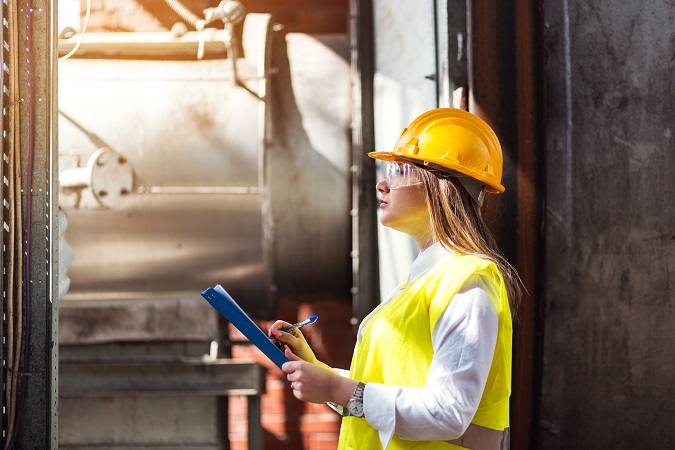The oil and gas industry relies on several heavy machines. Some dig deep into the earth, while others pull material from the ground. All machines on an oil or gas site have the potential to cause serious harm to people working there.
That’s why these sites must have a qualified safety engineer on hand at all times. A safety engineer is a trained professional who can make sure all equipment on-site lives up to the safety standards established by the industry. Here’s a look at why a safety engineer plays such a vital role in the oil and gas industry:
1. Checking All Equipment
A safety engineer checks all equipment on-site to ensure it is safe for use. Most engineers aren’t directly involved in this checking and rely on individual team engineers to provide regular reports of inspections. They will make sure all checks are carried out on schedule, and nothing is alarming that requires attention. If engineers notice a problem, they will immediately schedule a more comprehensive inspection or request repairs.
2. Ensuring Safety of Everyone on Site
Safety engineers focus on the safety of everyone working on site. They recommend proper safety gear, help with training, and make sure no one is engaging in reckless behavior. They will also make sure the site and equipment are up-to-date with all certifications, which can help the company avoid penalties or fines.
3. Developing Safety Regulations and Policies
Every oil or gas excavation site should have proper safety regulations and policies. People should know how to handle disasters, check of issues, respond to injuries, etc. It is a safety engineering team’s responsibility to come up with policies for equipment handling, maintenance, operation, and disposal. They will make sure everyone present is aware of the policies and follows them diligently. They also upgrade outdated policies regularly and make modifications based on current standards.
4. Planning for Disasters
Safety engineers take every precaution possible to prevent accidents, but accidents can sometimes occur. They plan a response strategy for different kinds of emergencies that involve how to communicate during a disaster, when to call emergency services, how to evacuate a site, how to administer first aid, etc. A proper disaster response plan can minimize the number of injuries or fatalities if an accident takes . It is a safety engineer’s job to evaluate all of the risks and come up with a plan that works.
5. Assessment After a Disaster
Once the disaster is over and people are removed from the dangerous environment, it is an engineer’s responsibility to conduct an inspection and figure out what went wrong. They provide a report with recommendations to improve safety standards or disaster response plans. The company can make the desired changes based on the advice of their safety engineers and third-party inspectors.
If you want to know more or want to discuss recruiting in the Oil & Gas Industry, don’t hesitate to reach out to us at Talon Recruiting. Call 800 771 5281 or use our contact us form to get in touch.


